Search
Search Results
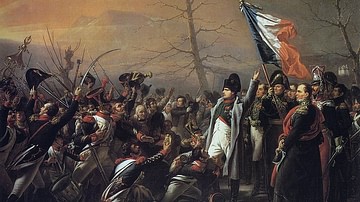
Definition
Hundred Days
The Hundred Days refers to the second reign of French Emperor Napoleon I, who unexpectedly returned from exile to reclaim the French throne. It encompasses Napoleon's triumphant return to Paris on 20 March 1815, his climactic defeat at the...
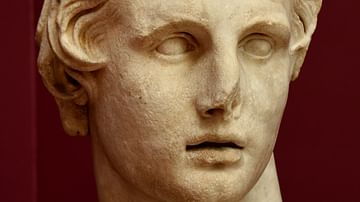
Article
The Hyphasis Mutiny
The so-called Hyphasis Mutiny was a conflict between Alexander the Great (356-323 BCE) and his army following their victory at the river Hydaspes in 326 BCE. Alexander voiced plans for further conquests in the Indian subcontinent, however...
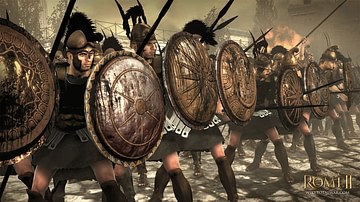
Article
The Battle of Gaugamela, 331 BCE
After securing the eastern Mediterranean seaboard and Egypt, Alexander the Great pushed east into Mesopotamia with the intention of bringing Darius to battle. After crossing the Euphrates River unopposed, he marched his army eastward along...

Definition
Treaties of Tilsit
The Treaties of Tilsit were two peace treaties signed in July 1807 by Emperor Napoleon I of France (r. 1804-1814; 1815) and the monarchs of Russia and Prussia in the aftermath of the Battle of Friedland. The treaties ended the War of the...
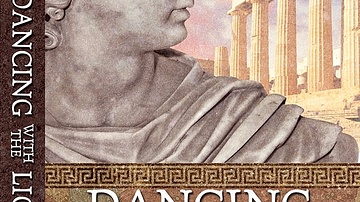
Interview
Interview: Jeanne Reames on Dancing with the Lion
Dr. Jeanne Reames' Dancing with the Lion: Becoming and Dancing with the Lion: Rise follow an epic tale of Alexander before he was “The Great.” In this interview, Dylan Campbell inquires about her passion for history and the development of...

Definition
Wars of the Diadochi
On June 10, 323 BCE Alexander the Great died in Babylon. Although historians have debated the exact cause most agree that the empire he built was left without adequate leadership for there was no clear successor or heir. The military commanders...

Definition
Roxanne
After Alexander the Great's victory over King Darius III at the Battle of Gaugamela in 331 BCE, he had to contend with small rebellions that broke out across his empire. In the summer of 328 BCE, one such rebellion occurred in the eastern...
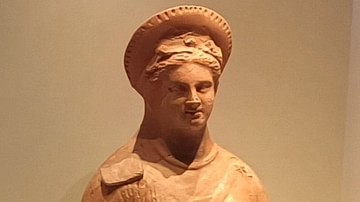
Definition
Thessalonike of Macedon
Thessalonike of Macedon (c. 345-295 BCE) was the daughter of Philip II of Macedon (r. 359-336 BCE) and one of his several consorts, Nikesipolis of Pherae (also spelt Nicesipolis). Born to the Argead family of Macedonian rulers like her half-brother...
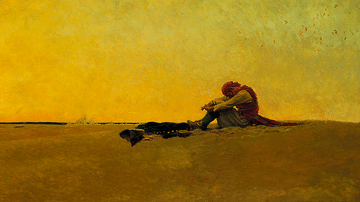
Definition
Alexander Selkirk - The Inspiration For Robinson Crusoe
Alexander Selkirk (or Selcraig, 1676-1721) was a Scotsman famously marooned for four years and four months on a desert island in the Pacific Ocean until his rescue by a passing British ship in February 1709. His story inspired the title character...
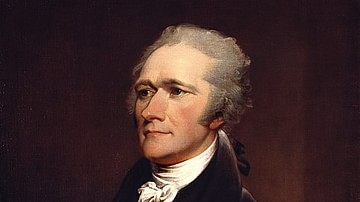
Definition
Alexander Hamilton
Alexander Hamilton (1755/57-1804) was a lawyer and politician, often recognized as a Founding Father of the United States. He served as George Washington's aide-de-camp during the American Revolution, before going on to become the first US...